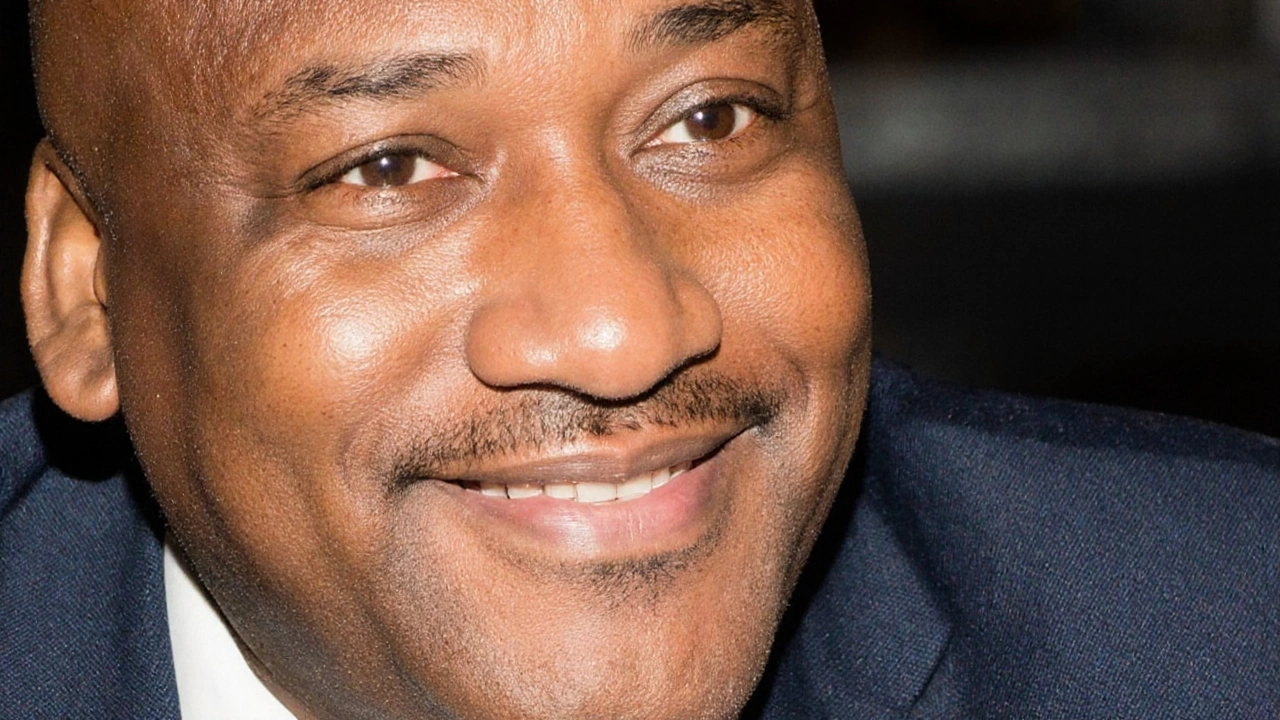South Africa Politics – Today’s Top Stories
Looking for what’s happening in South African politics right now? You’re in the right place. We bring you the most important headlines, straight from Cape Town Daily Buzz, so you can understand the decisions that affect your daily life.
From Parliament debates to provincial reforms, the political landscape is always moving. In the past week, the Department of Basic Education announced a new ten‑day October break for schools in 2025. That may sound like a calendar change, but it sparked heated talks in the cabinet about how the break impacts the economy and teachers’ contracts. It’s a clear example of how even a school schedule becomes a political issue.
Another story that grabbed attention was the scandal involving the Ekurhuleni Metropolitan Police. Deputy Chief Julius Mkhwanazi was accused of fraud and misuse of municipal vehicles. The Independent Police Investigative Directorate (IPID) recommended action, yet the city promoted him to acting chief. Opposition parties called the force a “mafia‑style” operation, demanding transparency. Cases like this show the fine line between law enforcement and political accountability.
What’s Trending in SA Politics?
Several themes dominate the conversation right now:
- Economic policy. The latest court ruling in the First Bank vs. General Hydrocarbons case highlighted how oil disputes can affect national revenue. While the case isn’t South African, it influences how local banks view offshore investments.
- Local government oversight. Auditor General Nancy Gathungu’s report on Kenya Ports Authority might be a different country, but it raises similar questions for South African port authorities about director allowances and governance.
- Public safety. The police corruption scandal is prompting calls for stricter oversight of municipal forces across all provinces.
- Education reforms. The new school calendar illustrates how policy decisions touch families directly, sparking debates in Parliament about funding and curriculum pacing.
These topics intersect, creating a web of cause and effect. A change in school scheduling can affect labor unions, which in turn influences budget allocations, and that filters back into broader economic discussions.
How to Stay Ahead of the Curve
Political news moves fast, but you don’t have to chase every headline. Here are three simple habits that keep you in the loop without feeling overwhelmed:
- Set a daily alert for the “South Africa politics” tag on Cape Town Daily Buzz. One quick read each morning gives you a snapshot of the day’s biggest moves.
- Follow key journalists on social media. Reporters who cover the National Assembly and provincial legislatures often share behind‑the‑scenes insights that don’t make the front page.
- Join a local discussion group or forum. Talking about a new bill or a corruption probe with fellow citizens forces you to ask questions and see the bigger picture.
By using these tips, you’ll not only know what’s happening, you’ll understand why it matters. That’s the power of staying informed – it turns passive news consumption into active citizenship.
Ready for more? Keep scrolling through the tag page to read full articles on each story, from the school calendar announcement to the police corruption investigation. Each piece is written in plain language, so you can get the facts fast and make sense of the political world around you.
Remember, South African politics isn’t just for politicians; it shapes jobs, schools, and the safety of every neighborhood. Stay curious, stay critical, and let Cape Town Daily Buzz keep you updated every day.
Gayton McKenzie K-Word Scandal Puts South Africa’s Sports Ministry Under Fire
South Africa’s Sports, Arts and Culture Minister Gayton McKenzie is facing intense pressure to quit after old tweets surfaced showing repeated use of the apartheid‑era K‑word. He claims the language was meant to expose racism, but opposition parties and the Human Rights Commission have filed formal complaints. The episode has sparked a fresh debate over racial language, accountability and hypocrisy in South African politics.

